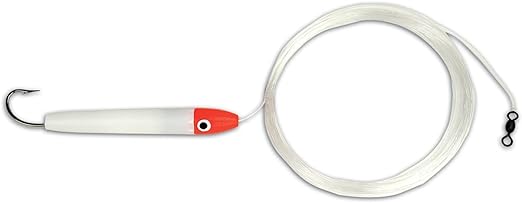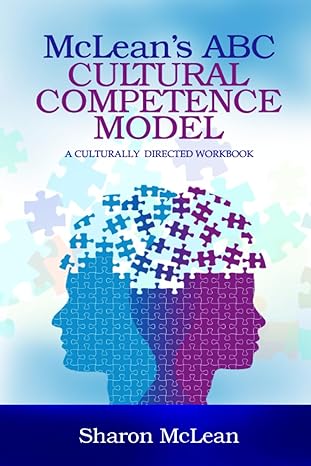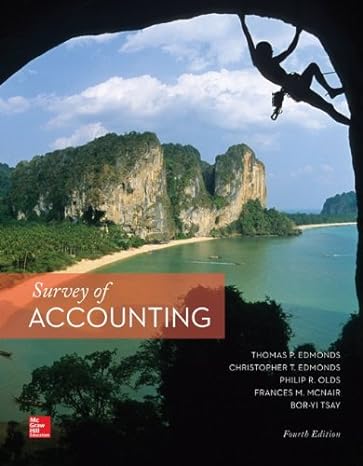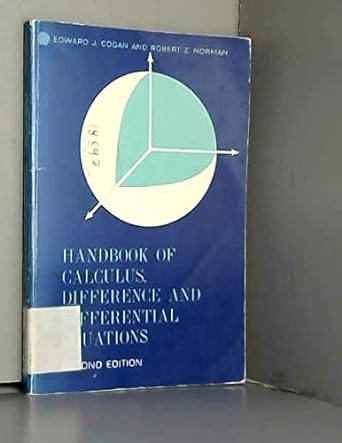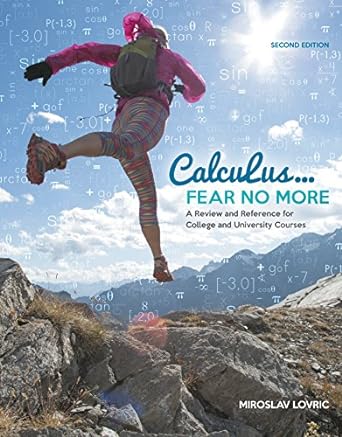Go back

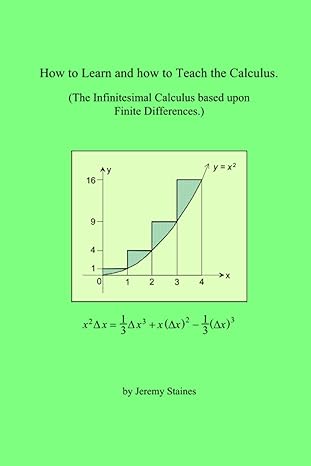
How To Learn And How To Teach The Calculus The Infinitesimal Calculus Based Upon Finite Differences(1st Edition)
Authors:
Jeremy Staines

Cover Type:Hardcover
Condition:Used
In Stock
Include with your book
Free shipping: April 13, 2024Popular items with books
Access to 3 Million+ solutions
Free ✝
Ask 10 Questions from expert
200,000+ Expert answers
✝ 7 days-trial
Total Price:
$0
List Price: $5.50
Savings: $5.5(100%)
Book details
ISBN: 979-8670736183
Book publisher: Independently published
Get your hands on the best-selling book How To Learn And How To Teach The Calculus The Infinitesimal Calculus Based Upon Finite Differences 1st Edition for free. Feed your curiosity and let your imagination soar with the best stories coming out to you without hefty price tags. Browse SolutionInn to discover a treasure trove of fiction and non-fiction books where every page leads the reader to an undiscovered world. Start your literary adventure right away and also enjoy free shipping of these complimentary books to your door.
How To Learn And How To Teach The Calculus The Infinitesimal Calculus Based Upon Finite Differences 1st Edition Summary: The application of finite differences to continuous functions of a variable x leads to the consideration of a rectangular polygon which may either circumscribe or inscribe the graph or curve of the considered function. The resulting finite difference equation yields three quantities: the area under the polygon, the area under the curve, and a series of residual terms which together give the difference in areas between the polygon and the curve. The expression of the area under the curve is a precise expression, independent of the magnitude of the finite difference. When this finite difference is reduced to (almost) zero, the result is the infinitesimal calculus, both differential and integral. Thus the infinitesimal calculus is presented as a special case of the finite differential calculus. If you are familiar with Algebra and Trigonometry, and yearn to learn the Calculus, then you should be able to understand this little work. The topics explored are: The finite differences and cumulative sums of monomials. The limiting cases of the infinitesimal differential and integral calculuses. The Taylor series. The binomial theorem of Newton, and fractional powers of x. Some rules for differentiation.If you are a teacher of mathematics, then you may find here a more rational approach to the presentation of the integral calculus. The usual route, via infinite sums of infinitesimal quantities, may be left until last, or even left out altogether.
Customers also bought these books
Frequently Bought Together
Top Reviews for Books
Request rx062d6
( 5 )
"Delivery was considerably fast, and the book I received was in a good condition."


